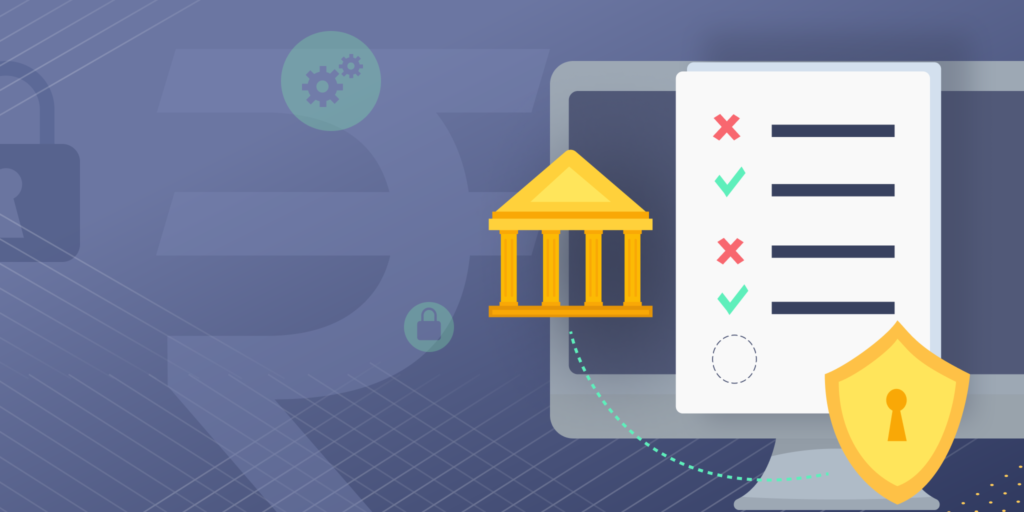All of us are well aware of the various initiatives that the Reserve Bank of India has been undertaking to make digital payments safe and secure. At various stages over the past few years, the RBI has announced measures to ensure that the Indian consumer doesn’t feel compromised at the time of transacting digitally and is able to make digital payments with ease.
On Wednesday, RBI came out with a circular to propagate the use of cards in making recurring payments. The circular says that beginning September, consumers will be able to use their cards to make recurring payments to businesses through the process of e-mandate. The e-mandate and additional factor of authentication (AFA) will have to be done only once at the time of the first transaction. All transactions happening later on will be carried out automatically without the requirement of repeated AFA.
The RBI has set a cap of Rs 2,000 for such transactions and notified that they will be allowed on debit cards, credit cards and prepaid payment instruments (PPI) including wallets.
At present, recurring payments can be made only using credit cards. The same could be done earlier through debit cards, but RBI had put a hold on that facility citing security issues and fraud cases. The fact that now debit cards and other prepaid instruments will come into the recurring payments ambit under stringent rules and regulations spells good news for the Indian consumption story.
We believe that this move will enable consumers as well as merchants to greatly benefit by doing away with the hassle of authenticating payments time and again. The RBI circular also mentions that consumers will be given the facility set the recurring payment for a predefined fixed value or a variable value. To ensure that the cardholder is safe, he or she will also be able to specify a maximum value of the transaction as well.
Furthermore, to safeguard the interests of the consumers, RBI has said that they will receive a notification via SMS or email a day before the recurring transaction is to be carried out. This notification, which will carry details about the amount, date and reason for the transaction, will allow cardholders to take a call on cancelling the transaction, if they wish to do so. Of course, the cardholder can withdraw the e-mandate at any point as well.
This facility will go a long way in further promoting digital transactions within the country. More so because consumers will not be levied any extra charges for setting up an e-mandate for recurring payments through their cards.
For businesses in India, especially the ones where the average ticket size is lower but the transaction volume is higher, the ability of their customers to make recurring payments using cards will open up entirely new streams of user acquisition. Debit cards greatly outnumber credit cards in India today. Wallets are also used extensively. This means that a higher number of consumers will now potentially be able to make recurring payments.
Players in the food-tech, insurance-tech, SaaS, fitness, cab aggregators, and bike rental services, etc are businesses that will benefit immediately once consumers are able to make recurring payments using debit cards. Providing a seamless payment option is only going to lead to lesser drop offs and higher profitability.
We see this as the beginning of a shift towards one-click checkout. The average transaction times goes down for customers and the ability to retain users increases for businesses. On the whole, this is a significant step taken by the RBI on the back of what the industry has been asking for a long time. It will clear out safety concerns around recurring payments and enable more businesses to adopt the subscriptions model.
This story was first published on Inc42.

